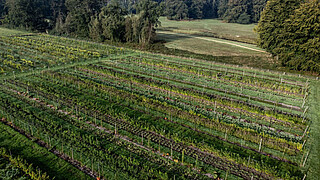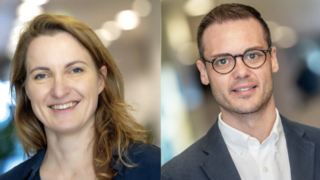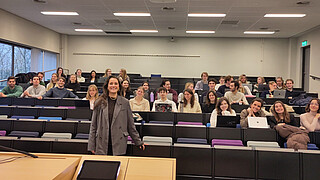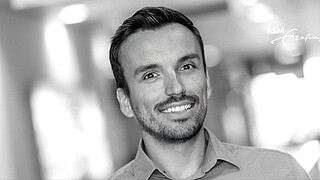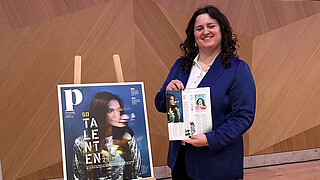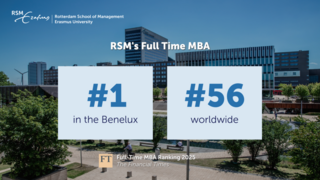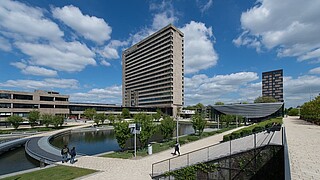This new online programme is part of the movement to speed up the transition to a more sustainable economy through management education. The aim of this programme is to create a generation of new thought leaders who can deal with the responsibilities of corporations and businesses in times of global economic, social and environmental challenges.
Associate Professor in the department of Business-Society Management at RSM, Emilio Marti, is the academic director of the programme. The kinds of techniques and skills taught in this new programme come from the most recent research. Prof. Marti has given an example by explaining how he has recently been able to demonstrate how organisations can tell if they are going to be effective at implementing sustainability measures.
Addressing slow progress
“In recent years,” said Prof. Marti, “many companies have implemented an array of corporate social responsibility (CSR) activities: they invest in CSR, employ dedicated teams, and produce annual CSR reports. Yet, despite these efforts, the transition to a more sustainable economy is going painfully slowly. Why is progress lagging, even though so many organisations claim they want to make a positive impact on the environment and society?
“A common explanation is greenwashing – companies using superficial CSR efforts to appear sustainable without making substantive changes,” he explained. “Certainly, greenwashing is part of the issue. However, it does not tell the entire story. Some firms genuinely aim to do good but fail to achieve meaningful environmental and societal outcomes. The problem is not always a lack of good intentions – it may be that companies are implementing CSR the wrong way.”
In a blog post for RSM Discovery about his findings, Prof. Marti referred to research in which he and his co-authors identified a key difference between the successful and the less successful attempts at CSR of four multinational companies, and further suggested two main ways in which the companies can foster it. He summarised: “A company’s capacity for CSR experimentation often indicates whether it will be able to deliver the environmental and social impact it purports to create.”
The researchers’ open access paper has also been interpreted as a practitioner summary published on HBR.org. and in a short video.
Insights from research
Using online and hybrid learning and live sessions, these are the kinds of insights from research that will be taught in the new online MSc. Students are expected to commit around 18 hours a week during lecture periods.
For more information about the Online MSc in Sustainability Management, those interested can sign up here to receive updates. The first introduction to the programme: Webinar - Sustainability Management: How young professionals can make an impact is on Wednesday 26 February, 11:00 - 11:45 (GMT +01:00).
Online MSc in Sustainability Management: www.rsm.nl/msc-sustainability




